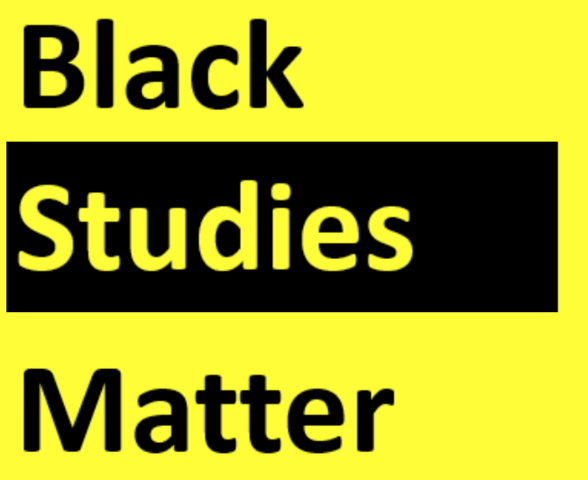Black History Month is a time of the year dedicated to the appreciation and education of black history in the United States. While most public educational institutions are relatively unbothered to choke out more than one community event lauding the respectability of Martin Luther King Jr., Texas State should be less proud to so neatly follow suit.
Despite student’s calls for a black studies program at Texas State dating back to 1971, as found in the University Pedagog archives, our university has made minimal progress towards the development of any such program, only recently initiating the formation of a minor. Texas State’s continued reluctance to institutionalize Black history deserves special attention during Black History Month and all other days of the year that Texas State ignores the needs of its students.
Originally conceived in the second week of February 1926 as “Negro History Week” by Carter G. Woodson, this celebration was later expanded to the full month by Black students at Kent State in 1970 at the height of the Black Studies Movement. In fact, Black History Month cannot be separated from a practiced institutionalization of black history and culture, especially in educational institutions.
In his most popular book, “The Miseducation of the Negro”, Woodson writes, “The same educational process which inspires and stimulates the oppressor with the thought that he is everything and has accomplished everything worthwhile, depresses and crushes at the same time the spark of genius in the Negro by making him feel that his race does not amount to much and never will measure up to the standards of other peoples.”
This illustrates a pervasive issue at any school without black studies where most students are allowed to graduate and enter professional spaces while maintaining an often-unconscious notion that black people are inferior simply because they’ve never been confronted with any counter narratives. Though well-intentioned, professors or administrators may make a point to emphasize various black icons during Black History Month, with no larger framework to challenge the absence of the black experience from our curriculum at large. These fleeting lessons cannot be expected to truly benefit students.
For black students, we must understand that our educational needs are not separate from the needs of any other demographic that arrives at college to grow into well-rounded people with an understanding of ourselves and our place in the world around us. This is the goal iterated in the Texas State mission statement, but one must question how can we hope to achieve this while neglecting our own experiences, history, and culture throughout our education. In demanding black studies, we are not asking for special treatment or isolation, but rather for the acknowledgment of the academic necessity these programs can achieve.
Caribbean-American scholar and poet, June Jordan, states in her essay titled “Black Studies: Bringing Back The Person,” “Black American history prepares black students to seize possibilities of power even while they tremble about purpose.” She later asserts that not only must we demand Black studies, we must also demand that it be controlled by black faculty, “…not that we believe only black people can understand the black experience. It is rather that we acknowledge the difference between criticism and reality…”
Now is a pivotal moment for students to take control of education and perhaps an even more pivotal moment for faculty and staff to listen and fight with us. Not only for black studies but against the unaddressed racism that our university is complicit in ushering into the world, we must all play a role in challenging this institution to do better.
– Tafari Robertson is a public relations senior
Texas State does not care about black history
March 2, 2018

Illustration by Ericka Vervynckt
| Staff Illustrator
Donate to The University Star
Your donation will support the student journalists of Texas State University. Your contribution will allow us to purchase equipment and cover our annual website hosting costs.


















